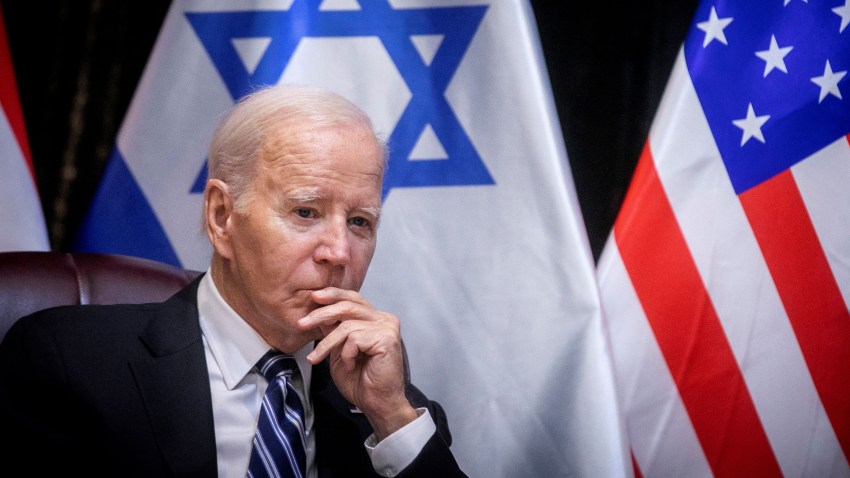Just days ago, U.S. President Joe Biden announced publicly that a cease-fire agreement in Gaza seemed likely, possibly as soon as this coming Monday. However, Israeli Defense Minister Yoav Gallant asserted that even if there is a temporary cease-fire, Israel’s military operations in Gaza would continue until all hostages are free.
Beyond indicating that the U.S. and Israel are working at cross purposes, this is a further illustration of Washington’s seeming inability to restrain a key ally. Time and again since Israel began its military operations in Gaza, the Biden administration has pointedly criticized the approach taken by Israel’s government. Most notably, Defense Secretary Lloyd Austin remarked that Israel’s heavy-handed tactics in countering Hamas in Gaza risk resulting in “strategic defeat,” given that it is sowing discontent among the Palestinian population, including in the West Bank, as well as among Israel’s Arab neighbors. Austin added that he had “personally pushed Israeli leaders to avoid civilian casualties, and to shun irresponsible rhetoric, and to prevent violence by settlers in the West Bank.” But those requests went unheard or unheeded.
And just last Friday, Secretary of State Anthony Blinken went so far as to label Israel’s construction of new settlements in the West Bank as “inconsistent with international law,” emphasizing that it has been “longstanding US policy, under Republican and Democratic administrations alike, that new settlements are counterproductive to reaching an enduring peace.” But Israeli Prime Minister Netanyahu has done nothing to rein in the extremist members of his Cabinet who are pursuing the expansion of settlements in the West Bank and who have even proposed reestablishing settlements in Gaza after the war ends.

